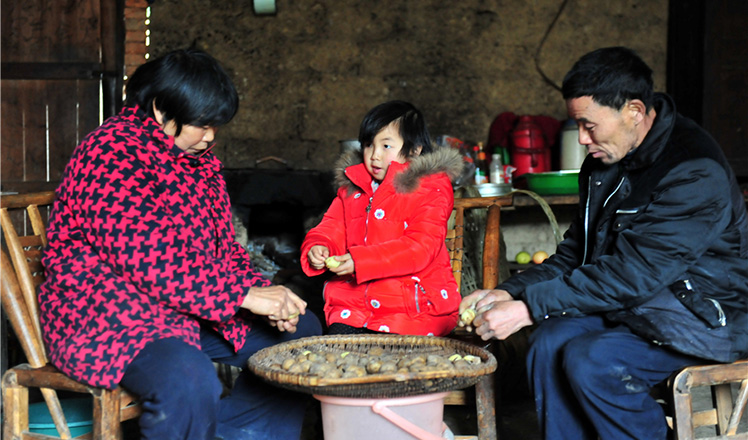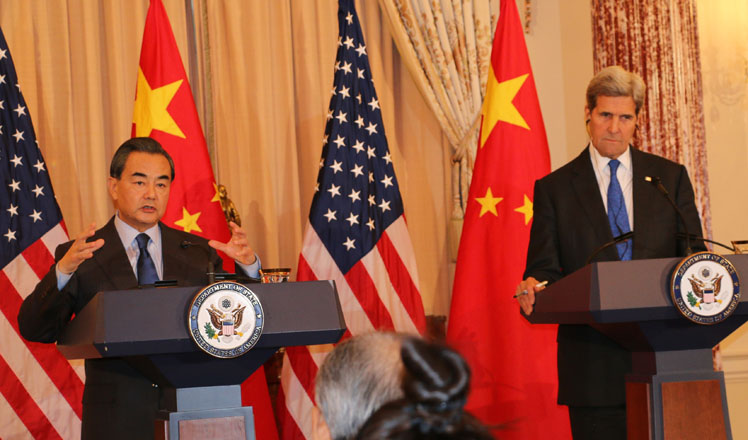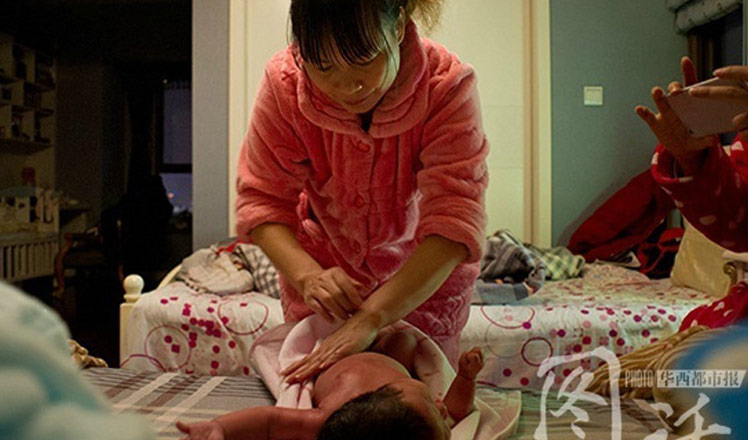Gated communities will open 'gradually', says ministry
Updated: 2016-02-24 13:24
By Guo Kai(chinadaily.com.cn)
|
||||||||
 |
|
A gated community in Changping District of Beijing. [Photo/Chinanews.com] |
Authorities have rushed to defend and clarify a controversial policy that has drawn wide criticism.
The government will not take the one-size-fits-all approach in opening up gated communities to public road system, the Ministry of Housing and Urban-Rural Development said on its website on Wednesday, after the country's top court said on Tuesday that the community road rule still needs legislative support.
In a statement, the ministry emphasized that the legal rights of residents will be protected.
The central government issued a new urban planning directive on Sunday saying that new open residential communities will be joined with public roads, and the old gated residential communities will gradually open to the public.
The plan immediately triggered a heated debate online and many Internet users voiced safety and other concerns.
The ministry defended the new policy by saying that the gated communities have created problems to the layout of the urban public road system, blocking some public roads, a major factor to cause traffic congestion.
The ministry also said in the online statement that the old communities will "gradually" open to the public, which means no one-size-fits-all approach and no immediate action will be taken. Opening gated communities does not mean simply "demolishing the walls", the ministry added.
Provinces and cities have to make detailed plans based on actual situations in opening gated communities, and public opinions should be taken into account in drawing the plans, the ministry said on its website.
In response to claims that the new policy was against the Property Law, the ministry said the interests of residents should be ensured while opening the gated communities.
Many roads in the gated communities are currently the property of home owners, who argue the move to open these roads to the public will infringe their interests and go against the country's Property Law.
The Supreme People's Court responded on Tuesday to the new guideline, saying that legislative action will be needed before the guideline could be enforced.
Chen Xinwen, chief judge of the top court's civil case tribunal, said that some parts in the proposed policy still require legislation to be taken into practice. He said, "We will pay close attention to the guideline and properly deal with disputes brought by the change."
The guideline came after a central government's December meeting on urban planning, the first since 1978 when the central government held the last such meeting.
- Opening gated communities to public sparks online debate
- We should pay attention to the challenges facing minority communities
- Open discussion popular in Chaoyang communities
- New York State communities told to get homeless off streets
- Gorkha's soldiers fail to change fate of own communities
- Communities in Zhanjiang equipped with smart express lockers
- Arts communities deserve protection
- Real-estate developer also builds communities
- Christie's puts its art and soul into communities

 Seven-year-old village kid cares for her grandparents
Seven-year-old village kid cares for her grandparents
 Future stars battle intense competition for stardom
Future stars battle intense competition for stardom
 Matters of state
Matters of state
 Students begin new term with lucky bags and red envelopes
Students begin new term with lucky bags and red envelopes
 The life of a postpartum care worker
The life of a postpartum care worker
 Top 10 most Internet-savvy banks in China
Top 10 most Internet-savvy banks in China
 To eat or not to eat? Delicious and adorable art
To eat or not to eat? Delicious and adorable art
 12 photos you don't want to miss about Chinese Lantern Festival
12 photos you don't want to miss about Chinese Lantern Festival
Most Viewed
Editor's Picks

|

|

|

|

|

|
Today's Top News
What ends Jeb Bush's White House hopes
Investigation for Nicolas's campaign
Will US-ASEAN meeting be good for region?
Accentuate the positive in Sino-US relations
Dangerous games on peninsula will have no winner
National Art Museum showing 400 puppets in new exhibition
Finest Chinese porcelains expected to fetch over $28 million
Monkey portraits by Chinese ink painting masters
US Weekly

|

|








